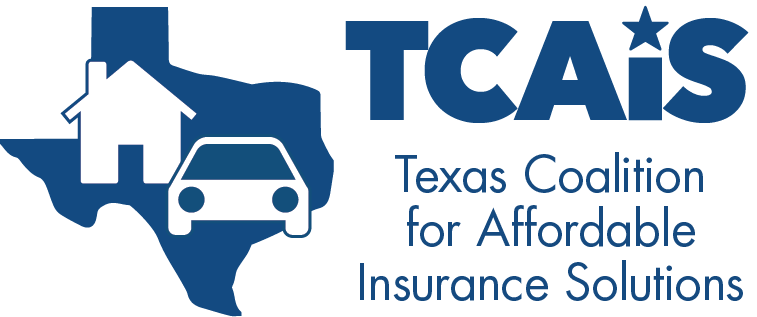Inflation
INFLATION
INFLATION
Insurers in Texas need to charge enough for premiums to pay claims and ensure insurance remains available, accessible and affordable in our state, with at least the chance of reasonable profit to encourage investment and competition.
Factors impacting insurance affordability:
- Inflation: Inflation is at its highest rate in decades. Insurance claim costs have risen faster than the underlying consumer price index and are far outpacing increases in premiums paid by insurance customers. Most of this cost increase is related to the increase in goods and services required to settle insurance claims.
- Driver Behavior and Accident Severity: With more drivers returning to the road post-pandemic, the frequency and severity of auto accidents is increasing.
- Lawyer Conduct: Across most lines of insurance, insurers are seeing an outsized growth in lawsuit verdicts and, in turn, ultimate claims settlement costs.
- Rising Medical Costs: Over the last five years, the cost increase for medical and hospital services have outpaced the rate of overall inflation.
- Weather: Texas has the most severe weather in the country, with exposure to nine different types of natural disasters – the most among any state. Texas has experienced more billion-dollar disasters (137) than any other state since 1980 and also leads the U.S. in total cumulative costs during that period, about $343 billion, according to the National Oceanic and Atmospheric Administration.
- Crime: Texas ranked second among states in 2021 for number of vehicle thefts with more than 94,000 stolen, while catalytic converter theft claims in Texas have jumped 5,300% since 2019.
What consumers can do:
- Shop around by comparing home and auto policies from companies doing business in Texas at www.helpinsure.com, a website from the Texas Department of Insurance and the Office of Public Insurance Counsel.
- Explore discounts by asking your insurer about price breaks for smart-home devices, bundling home and auto insurance, taking a driver safety course or other measures.
- Avoid risky behaviors that may result in a loss, particularly behind the wheel.
What policymakers can do:
- Consider legislation that encourages better building codes, risk mitigation incentives, and disincentives for fraud and high-risk behavior.
- Explore issues related to lawyer conduct, including aggressive advertising, mass torts and unrealistic demands in suits to determine whether abuse of the legal system at the expense of consumers is taking place.
- Consider legislation to reduce theft and fraud, particularly in the area of auto and catalytic converter theft.
Latest new links:
Latest News
Latest News
Inflation in the news

